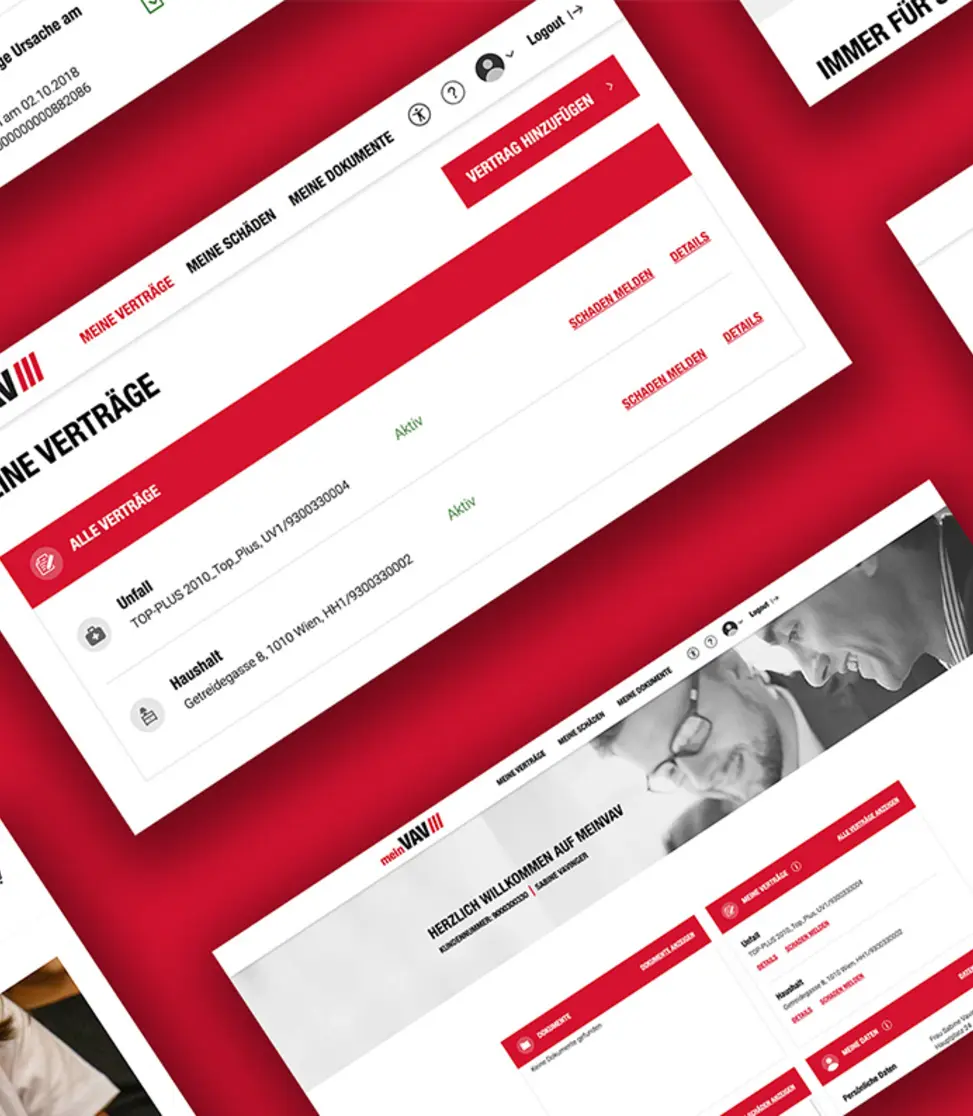


Humanising Brands
Brand authenticity is an invaluable asset. More and more customers mistrust empty promises; they value sincerity, transparency and traceability. Humanising a brand means creating an emotional presence based on human values and authentic relationships. This approach is at the heart of humanistic marketing.
Building authenticity is a crucial aspect of humanistic marketing. By revealing the human side of your brand, you can create emotional connections with your customers. The following points are crucial when building authenticity:
The power of emotional triggers
The IBBA brand authenticity scale was developed to capture the characteristics of a brand. This scale is based on sociological approaches and rates brands according to the criteria of integrity and originality, measuring how well the brand identity matches actual behaviour. Authentic brands consistently align their rhetoric and actions, avoiding opportunistic decisions that might deviate from their identity. They stay true to their "inner compass" and ensure consistency across all touchpoints.
This approach has proven effective, leading to measurable improvements in economic and behavioural metrics. In an era when traditional reference points such as regional culture or religion are fading, authentic brands are particularly valuable. They provide orientation, support the formation of customers' identities and strengthen brand loyalty through reliability and a sense of responsibility.
Frequently Asked Questions
FAQ
Humanistic marketing places human values and needs at the centre of marketing strategies. It emphasises that consumers are emotional and social beings who seek authentic relationships with brands. This approach fosters trust, loyalty and differentiates your brand from the competition by building deeper emotional connections.
The IBBA scale is an empirically tested tool that evaluates brands on the basis of 14 indicators. It measures how well the brand identity matches actual behaviour and provides reliable indications of brand image, trust and purchase intent. This enables companies to derive concrete measures to strengthen their authenticity.
The two main factors are integrity and originality. Integrity requires a consistent match between brand values and behaviour, while originality means that a brand is characterised by its own identity and does not imitate other role models.
Increase the authenticity of your brand by ensuring consistency in your brand message and behaviour across all touchpoints. Avoid opportunistic decisions that deviate from your identity. Focus on transparent communication and actively interact with your customers to foster genuine connections.
A high level of brand authenticity leads to measurable improvements in economic and behavioural indicators. It enhances the brand image, strengthens customer trust and increases purchase intent. Authentic brands promote deeper customer loyalty and support long-term brand loyalty.










